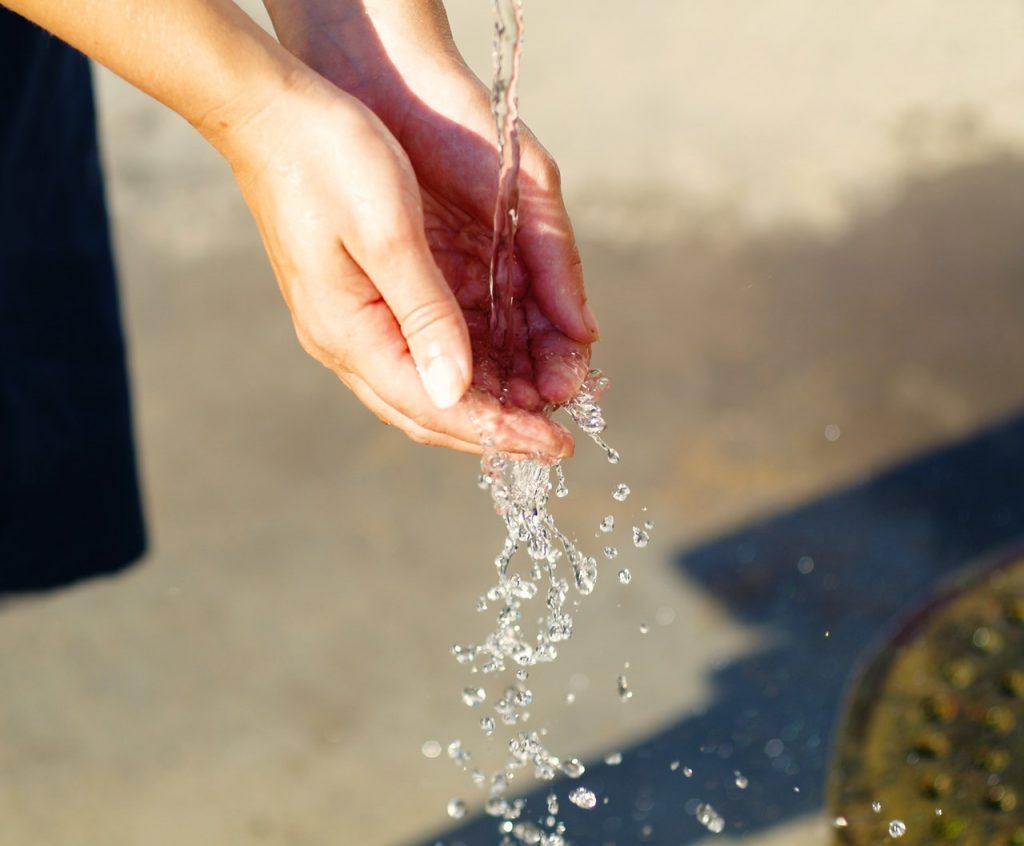What is acne and what causes it in hormone skin?
Acne is caused when the pores of the skin become clogged with excessive oil, or sebum. Rampant hormones cause the body to create this additional sebum, which may become a breeding ground for bacteria that thrives in the extra oil on puberty fueled skin. Coupled with this, as dead skin cells regenerate and drop from the skin, they could get trapped in this fatty, bacterial combination.
The acne many teens experience is called ‘acne vulgaris’ and appears on the neck, face, chest, shoulders and back.
Do genes play a role in acne?
While you might have suffered from acne on your own teenage years, no research has yet concretely proven genes play an integral role in problem skin. But if your adolescent’s skin is comparable in oil production to yours in the period of puberty, it appears likely they’ll also experience acne.
Acne versus pimples
There is a clear difference between acne and the occasional pimple. Acne also seems persistently and for extended periods in the very same regions of skin. Some over-the-counter treatments will create pimple outbreak, whereas acne, and specifically severe acne, requires more aggressive treatment and must be treated with medication or acne treatment prescribed by a dermatologist.
What treatments will help my child’s skin improve?
During puberty, the best remedy for acne is a combination of advice and topical remedies prescribed by a GP or dermatologist, also keeping the skin clean, not touching the affected area and improved diet to relieve symptoms, or you could try laser treatment.
Diet and acne
Some experts consider foods high in both saturated and trans fats contribute to migraines in the skin prone to acne. Others consider diets high in carbs, or excessive food intake, result in higher hormone production and therefore more acne breakouts.
Tension and acne
Contrary to popular belief, studies haven’t yet found stress alone to be a cause of acne in pubescent skin. When stress and teenage hormones mix, they can trigger the skin to produce more sebum or oil, which leads to blocked pores. Furthermore, acne itself will often lead to extra strain for a teenager, which makes her feel self-conscious about her spotty skin.
 Therapy of acne
Therapy of acne
In case you have concerns about acne or problem skin throughout your adolescent’s puberty, take her to see a GP, or better still, a dermatologist. A health professional can assess the degree of the acne and also take action to improve the condition of the skin. Dermatologists are the best equipped to deal with severe acne; those treatments may take the kind of medication or medicated creams to decrease the effect of the problem.
There are a bevy of over-the-counter products to care for the occasional pimple and even moderately severe acne, from cleansers, on-the-spot treatments, lotions, creams and face masks. Be wary of the merchandise you buy, as some can contain ingredients too harsh for young skin and cause additional inflammation. Search for terms like ‘oil-free’, anti-bacterial, and ‘deep cleansing’, and always follow instructions. Watch the amount of alcohol in a product; also much will dry out the skin, causing it to make even more oil.
Acne and Care
There are some basic hygiene tips to keep acne at bay for teenagers experiencing bad skin:
– Wash the skin on the face lightly twice a day using a medicated wash. Also do the exact right after vigorous game, or a hot day.
– Use a gentle toner, which has balancing and antibacterial properties within the skin after washing.
– Follow with an oil-free, anti-acne cream or ointment with anti-bacterial properties.
– For body acne, use a medicated body scrub in the shower, and wear loose fitting, breathable clothing.
– A deep cleansing, anti-bacterial mask once per week can extract built up oil in the skin.
– Keep long hair tied back


